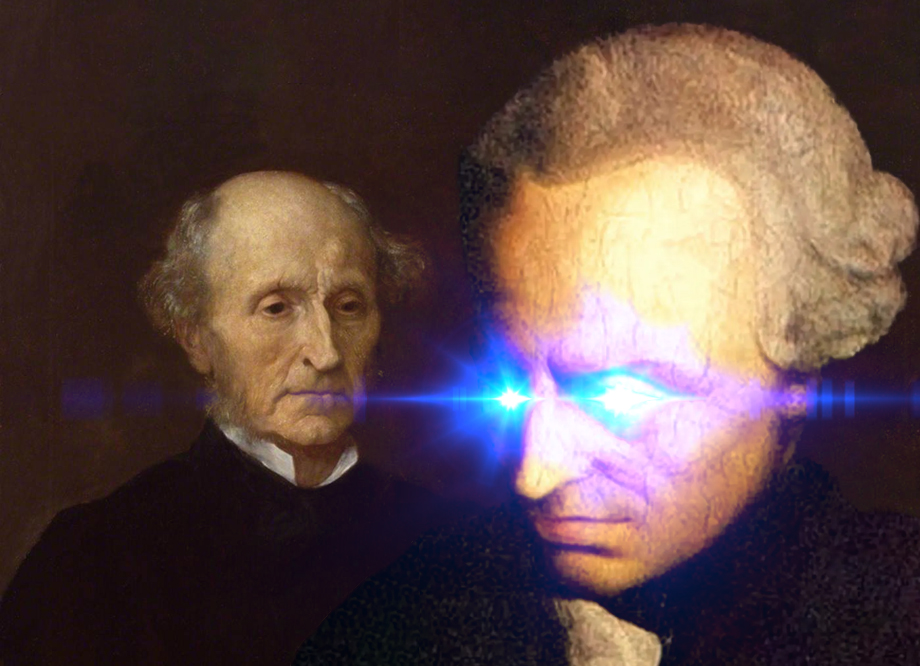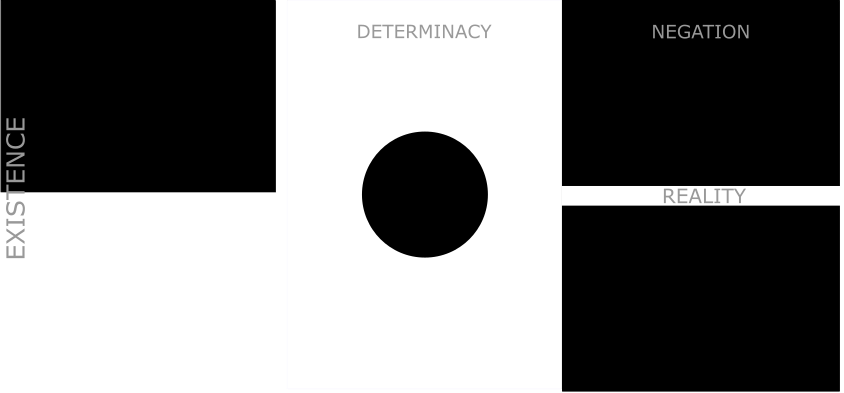A little comment on this presentation by Dr. Justin Burke, a Hegelian. What Pope Francis says regarding interreligious dialogue being easier than intrareligious dialogue is actually easy to understand, and speculative thinking can explain why it is understandable. Between foundations that are alien, even so alien as to be extreme oppositions, the origin of animosity is a deep abstraction both in life and in thought. The approach of such standpoints to each other, when relieved from the anxiety of defending or attacking, is one of curiosity and discovery because they know nothing of each other in any concrete sense. As they begin to probe into each other’s outlooks, because they had focused prior on projected differences, they are surprised to find rationality in these positions, and identities to their own in different terms, which initially softens and excites. Because these are by and large positions that begin to focus on the complementary rationality with a different emphasis to their own, because there are broad identities that were ignored before, and because the background of each is so tangled with prior foundations that both are ignorant of, it is indeed easier to have sympathy and respect for the abstract minimally shared foundations. When it comes to those who share our complex of foundations it is different. With these, the animosity comes from the standpoint where I recognize the legitimacy of an opposing view, and just because it shares this background, I am confronted with the critique of how I live not according to another’s principles, but according to my own from the view of someone who claims to be my own. I have claimed to know and live by an essence, and someone is now contending that I am in fact either ignorant of that essence or a hypocrite. Either of these conclusions is a great injury to my ego since I have lived in commitment to that essence.
The broadest generalities are logically easier to comprehend because they are the most abstract, and require the least concrete logical comprehension. It is much easier for Christians, Jews, Muslims, and Vaishnavites to understand and appreciate that they all believe in personalist monotheism than it is for them to understand and appreciate what minutia their specific conceptions of that personal God entail on a concrete level of living and understanding. There is a horseshoe mentality to such dialogues. The ones with least understanding despise each other, and the ones with most understanding also despise each other for completely different reasons and in a very different way. Those who only go half-way towards mutual understanding are sympathetic to each other both because they have no certainty about their own and other’s concrete positions, and because they consciously pay no heed to the concrete details that would separate them when the rubber hits the road. The most vicious attacks are always left for one’s own internal differences, for in these dialogues the details are everything, and the generality is a base that is taken for granted because in the common proceeding of thought we cannot easily tell what is and is not a valid progressive synthesis from this shared background. Thus, all the details of the past positions are called upon as justification for believing this or that follows, and when it comes to foundational positions this is an all or nothing, life or death, situation where the road to hell is paved with good intentions. Precisely because we perceive or feel we are so close to the Truth, we want to be sure of our convictions of what it is before we act. In religion and philosophy there is a very narrow road where the more one knows, the more guilty of error one has become, and the more necessary it is to hold certainty where the ignorant can get away with ambiguity precisely because they are ignorant.







